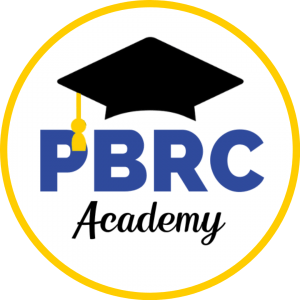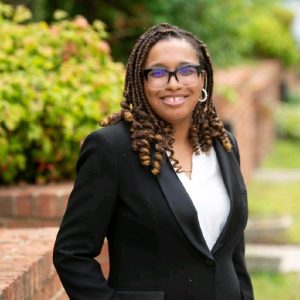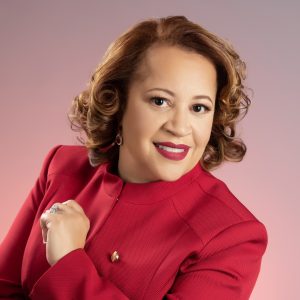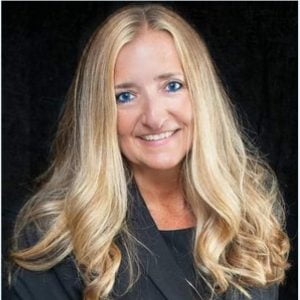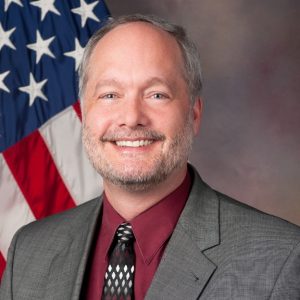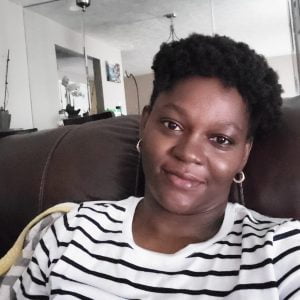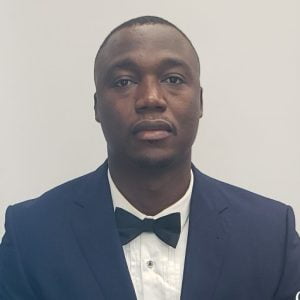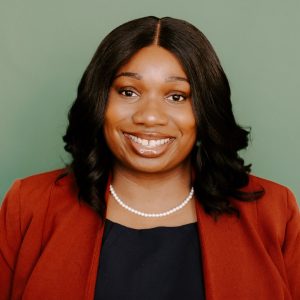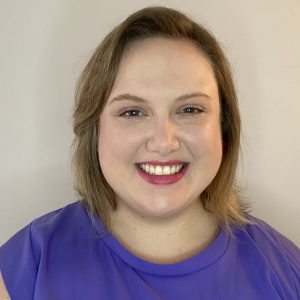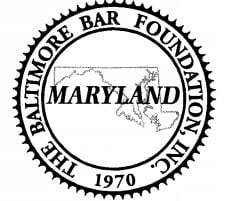Now accepting applications for the 2024-2025 Professional Skills Academy!
Applications will be accepted through 5pm on Friday, August 2nd, and the selection committee will notify all applicants of their status by the week of August 26th.
Questions or concerns? Contact Kiah Pierre at kpierre@probonomd.org.
Professional Skills Academy
Shaping the next generation of pro bono leaders.
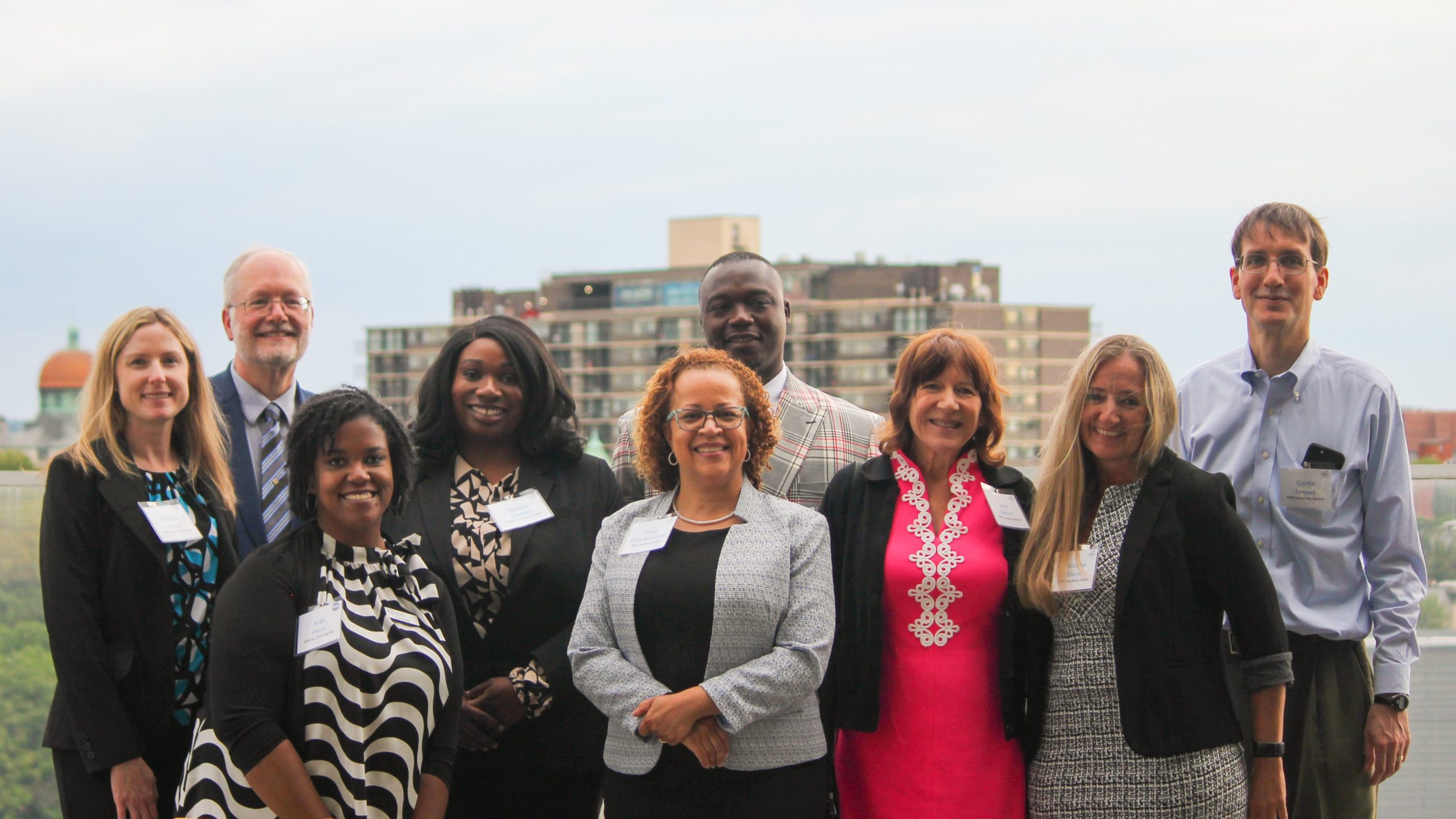 What is the PBRC Academy?
What is the PBRC Academy?
The Professional Skills Academy is a one-year, cohort-based program of training, mentoring, and service for newer lawyers or those who are getting back into legal practice (Fellows) that will:
- enhance the Fellows' lawyering skills;
- develop in the Fellows the habit of thoughtfully choosing and carrying out pro bono service; and
- introduce the Fellows to mentors and colleagues who can help them grow.
Fellows will receive extensive substantive training, in-court practice experience and cultural competence through service clinics, mentorship while serving, and a personal professional mentor who will meet with their fellow at least 4 times throughout the fellowship, including at least one substantive interaction (attending a service clinic together or inviting the Fellow to join the mentor for a significant event).
Who is eligible?
Applicants will be selected on the basis of demonstrated commitment to professionalism and a genuine interest in serving their community and promoting access to justice. Some preference will be given to lawyers in private practice. Maryland lawyers admitted and in good standing of the Maryland Bar may apply.
What is required?
Service: Academy Fellows must serve at 8 PBRC service events (clinics) throughout the course of the 10-month fellowship in order to graduate from the program. Fellows will be required to complete at least 2 clinics in each of the following areas:
- Rent Court (Baltimore City or Baltimore County)
- Consumer Debt Court (Baltimore City or Prince George's County)
- Immigration Court (Baltimore City or Prince George's County)
- Estate Planning AND/OR Tax Sale Foreclosure Prevention (Baltimore City)
Why apply?
For questions contact Kiah Pierre (kpierre@probonomd.org).

Sponsors of the Professional Skills Academy:
Bar Association Insurance Trust
Media Sponsor:


